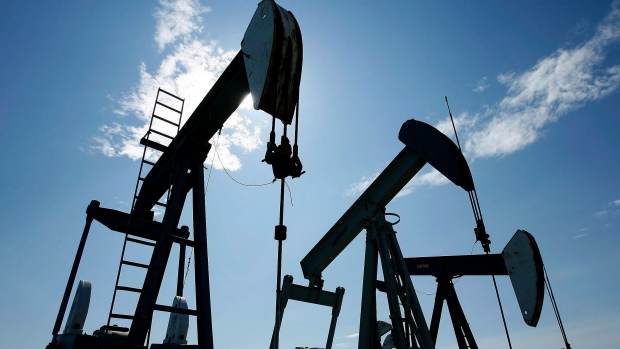World oil prices are plumbing depths not seen since 2004 with U.S. crude (Brent) currently running at just $34.42 per barrel.
Experts are saying that low oil prices will likely continue as Russian and American oil exports increase, which will be joined by Iranian oil from next year as sanctions against that country are lifted, according to BBC News.
The global oil glut is also translating in cheaper gas for Canadians. In Ottawa, regular gas is selling for as low as 81.9 cents per litre as of 11 a.m. on Dec. 21. In the Greater Toronto Area, the cheapest price is 86.9 cents in Brampton, while in the energy heartland of Alberta, a litre of gas is selling for just 76.8 cents in Edmonton.
However, low oil prices have hurt jobs in Alberta, as oil sands companies are forced to scale back operations and lay off scores of workers. The province's real GDP fell by 1.2 per cent in 2015.
While the Conference Board of Canada projected that Alberta will regain the lost 1.2 per cent in 2016, their prediction was made before the Organization of Petroleum Exporting Countries (OPEC) on Dec. 4 to maintain current production levels for the next six months despite the ongoing supply glut.
Alberta's energy investment has fallen by 15.2 per cent this year and will pull about $11 billion out of the economy by the end of 2016, according to the board.
“Low oil prices, wage rollbacks and deep staffing and capital budget cuts in the energy sector have hurt the Alberta economy, sending it into recession,” the board said.
The Canadian Association of Petroleum Producers has estimated at least 40,000 jobs have been shed in Canada's oil and gas industry in 2015, with Alberta bearing the brunt of layoffs.
On Dec. 18, credit rating agency Standard and Poor's announced that it was downgrading Alberta's credit rating one level, to AA-plus, citing concerns of weak budgetary performances and rising debt.
With files from the Canadian Press.




Comments